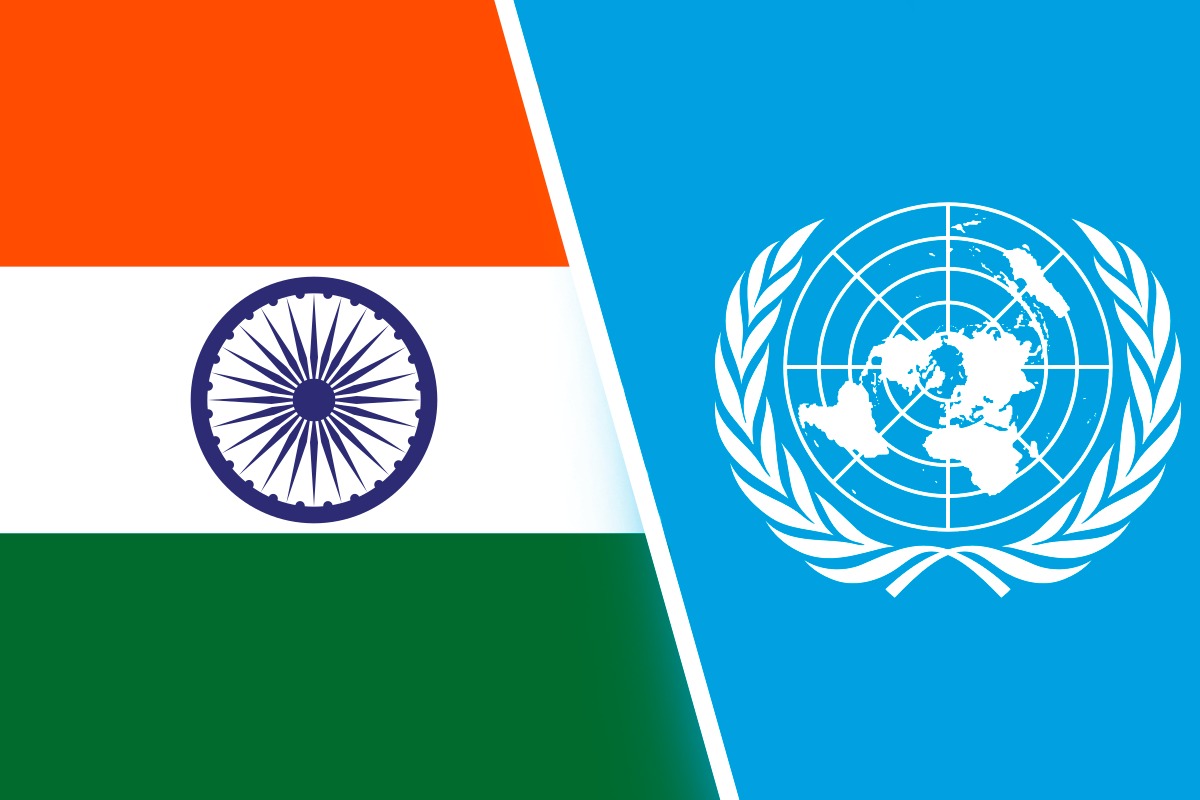The new year is always a good time to look ahead at what might happen next year. For India, it might be worth looking further at the possibility of what the new year 2027 might bring. That is when a new Secretary General of the United Nations will take office. It might well be an Indian’s turn to gain that prestigious office. The incumbent, Antonio Gutierrez, is halfway through his second term, and the process, including jockeying by influential countries, for his successor will begin in 2025, well before the election in 2026. Gutierrez will complete his second five-year term on 31 December 2026.
It is too early to say who might succeed him, but the way geopolitics are shaping up could give an Indian nominee an advantage. Shashi Tharoor, who had contested in 2006, had got the second-highest number of votes in the informal polling when Ban Ki-moon of South Korea was elected. The unipolar world that emerged from the rubble of the Soviet Union and its empire allowed for consensual geopolitics for more than a quarter century. But that is giving way to a brave new world in which China and Russia have emerged as the nucleus of at least one alternative pole.
It might be tough for both sides to agree on a candidate—and all five permanent members have a veto.
A strong divide might be an opportunity for India, which already plays a significant balancing role as a bridge over the emerging chasm between East and West. It has positioned itself as a valued friend to a host of big and small powers on both sides of the divide. Russia—many others—would back India
In case an Indian is in the running to be the next secretary-general, Russia could potentially be his strongest backer. Russia has warmed to India over the 22-month course of its war in Ukraine, during which Indian purchases have helped to keep its oil economy afloat. These purchases have helped to prevent the shutdown of some of Russia’s oil wells. In case they had to stop pumping, some of them could have frozen over, and so becoming extremely difficult to restart.
Russia could influence China—which might already be happy enough with India’s peaceable and accommodative stances in response to the PLA’s intrusions in Ladakh and elsewhere since 2020. Also, the trade gap between the two countries has continued to grow in China’s favour over the past many years. India also has excellent relations with Japan, the UAE, Saudi Arabia, and Iran, all of which play a significant role on the international stage. Leaders of some of those governments have developed good relations personally with Mr Modi.
Since the very beginning of his time in power, Mr Modi has invested a large amount of time and energy to travel the world, visiting a very wide array of countries across the globe. If he retains power, he could personally influence many of them to vote for an Indian nominee. He also has excellent relations with the leaders of France and the UK, both of which have veto power.
The latter is likely to back the US line on most international issues but, in case Mr Trump wins back the White House in the US elections next November, Mr Modi is likely to have a firm backer there too. It is the Democratic camp in the US which has had reservations, particularly with some of the Modi government’s domestic policies. However, the Israeli establishment has demonstrated over the past few weeks how strong a hold it has even over the left flank of US politics.
The Israel factor
Despite massive demonstrations on the Western street against its horrific bombardment of Gaza, Israel retains the stolid support of the US, including almost the entire spectrum of US politicians. (See the video of the Leftist Elizabeth Warren’s dismissive response when she was accosted by a protestor in a restaurant).
Meanwhile, although India has officially stuck by its longstanding backing for a two-state solution, the media and social media have amply demonstrated that a majority of Indians, and their prime minister, are sympathetic to the Israeli state. This will be appreciated by the Israeli establishment no less than India’s role regarding Western sanctions has been lauded in Moscow. Particularly if Prime Minister Netanyahu retains his hold on power, he is very likely to use the influence which he has demonstrated over Western governments, particularly the US, in favour of those whom he perceives as friends and allies.
Whatever reservations sections of Democrats (or Republicans, for that matter) in the US have about trends in Indian politics would most likely take a back seat in the face of focused Israeli pressure—for instance, to back an Indian candidate for the top job at the UN. This is a developing story. Let’s see how it plays out on the geo-strategic stage over the next three years.
David Devadas is an Indian journalist and author who has written extensively on Kashmir and its politics.










